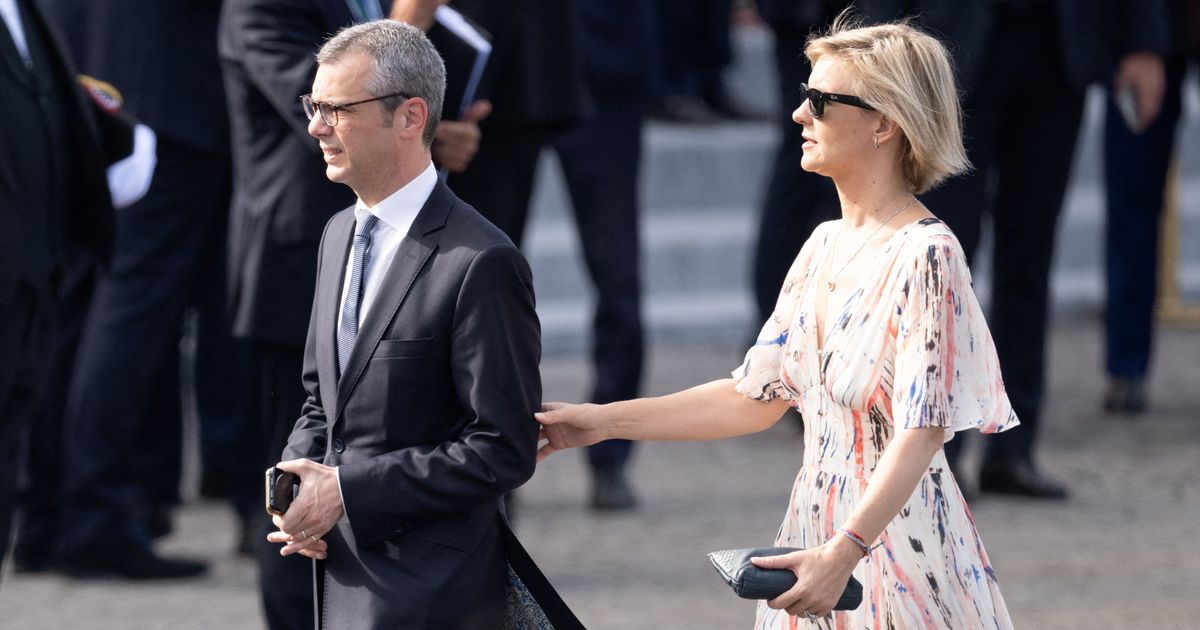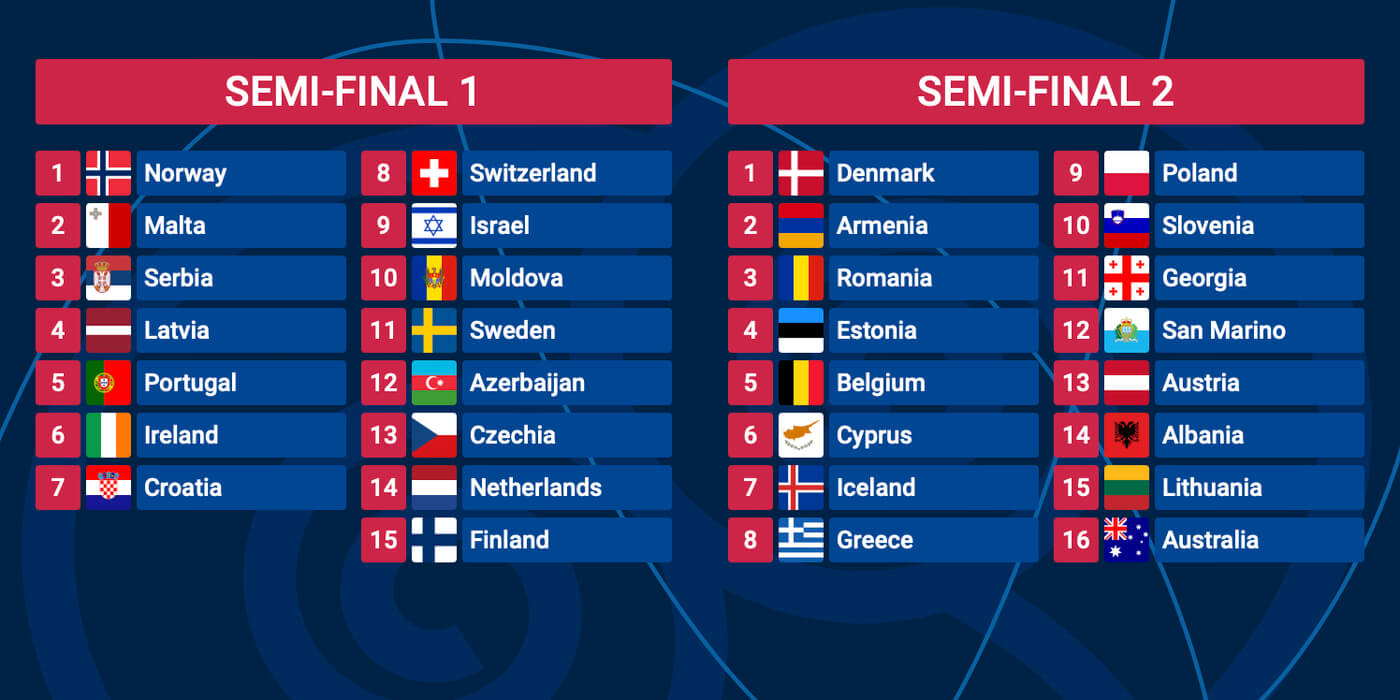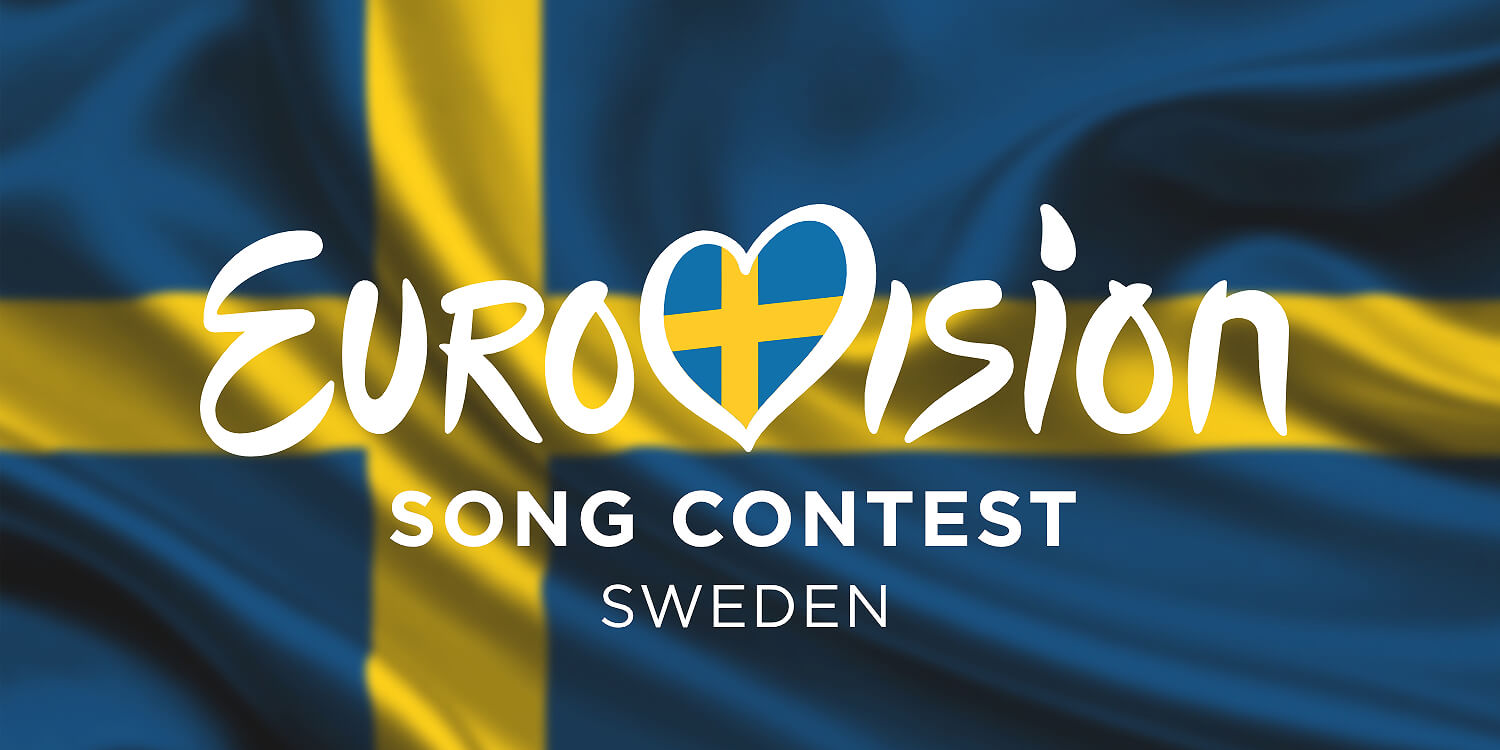Pressure Mounts: Eurovision Organizers Urged To Exclude Israel

Table of Contents
Human Rights Concerns Fueling the Boycott Movement
The core argument for excluding Israel centers on its human rights record, particularly concerning the Palestinian territories. Proponents of a boycott cite the ongoing occupation, restrictions on Palestinian movement and freedoms, and allegations of human rights abuses by Israeli forces as reasons to bar the country from the competition. These concerns are not new; they have been a source of tension for years, manifesting in various forms of activism and boycotts.
- Specific examples: The ongoing blockade of Gaza, demolitions of Palestinian homes, and restrictions on access to water and essential resources are frequently cited.
- Human rights reports: Reports from organizations like Amnesty International, Human Rights Watch, and B'Tselem consistently document human rights violations in the occupied territories, providing evidence used to bolster calls for Israel's exclusion.
- Prominent figures and organizations: Numerous prominent human rights activists, Palestinian solidarity groups, and artists have publicly advocated for Israel's exclusion from Eurovision, amplifying the pressure on organizers.
Arguments Against Exclusion: The Principles of Eurovision
Conversely, opponents of a boycott emphasize the apolitical nature of Eurovision, arguing that excluding Israel would violate the spirit of the competition and set a dangerous precedent. They maintain that Eurovision should be a platform for cultural exchange and artistic expression, free from political interference.
- Eurovision's rules: The official rules of the Eurovision Song Contest generally prohibit overtly political statements within the performances themselves. However, the calls for exclusion focus on Israel's actions outside the context of the competition.
- Previous controversies: Eurovision has faced political controversies in the past, but these have typically been addressed through internal mechanisms rather than outright exclusion of participating countries.
- Setting a precedent: Excluding Israel based on political considerations could open the door to excluding other countries facing human rights criticisms, jeopardizing the integrity and universality of the competition.
The Impact of Boycott Calls on Eurovision's Reputation
The calls for Israel's exclusion carry significant implications for Eurovision's reputation. Both excluding and including Israel pose considerable risks.
- Potential backlash: Excluding Israel could trigger a strong backlash from pro-Israel groups and governments, potentially impacting viewership and sponsorships.
- Impact on viewership and sponsorships: The controversy itself has the potential to negatively impact viewership and sponsorship, regardless of the decision made.
- Credibility and neutrality: The Eurovision Song Contest prides itself on its neutrality and its ability to bring together diverse nations. The current situation threatens to undermine this carefully cultivated image.
The Role of the European Broadcasting Union (EBU)
The EBU, as the organizer of Eurovision, faces a formidable challenge. It must navigate complex legal, political, and ethical considerations in making a decision on Israel's participation.
- EBU's official statements: The EBU has issued statements emphasizing its commitment to non-political principles, yet has not definitively addressed the calls for exclusion.
- Legal and logistical challenges: Excluding a member broadcaster would likely involve significant legal and logistical complications.
- Past responses: The EBU's past responses to similar situations offer limited guidance for the current, highly charged environment.
The Future of Israel's Participation in Eurovision
The debate surrounding "Pressure Mounts: Eurovision Organizers Urged to Exclude Israel" highlights a fundamental conflict between the artistic ideals of the Eurovision Song Contest and the pressing realities of human rights concerns. The EBU faces intense pressure to make a decision that balances competing interests and upholds the competition's reputation. While the outcome remains uncertain, the debate itself is a powerful illustration of the influence of political and ethical issues on seemingly apolitical global events. We encourage readers to research the issues presented, form their own informed opinions, and perhaps consider contacting the EBU to express their views on this complex matter. The future of Israel's participation in Eurovision hangs in the balance, shaped by the ongoing pressure and the decisions yet to be made.

Featured Posts
-
 Win Your Pokemon Go Max Battles The Ultimate Dynamax Sobble Guide Max Mondays
May 14, 2025
Win Your Pokemon Go Max Battles The Ultimate Dynamax Sobble Guide Max Mondays
May 14, 2025 -
 Alexis Kohler Et Le Senat L Opacite Denoncee Par Transparency International
May 14, 2025
Alexis Kohler Et Le Senat L Opacite Denoncee Par Transparency International
May 14, 2025 -
 Suits Premiere In La Complete Recap And Highlights
May 14, 2025
Suits Premiere In La Complete Recap And Highlights
May 14, 2025 -
 Snow Whites Underwhelming Mothers Day Weekend A Nolte Analysis
May 14, 2025
Snow Whites Underwhelming Mothers Day Weekend A Nolte Analysis
May 14, 2025 -
 Eurovisions Increasingly Global Stage A Look At Cross National Artists
May 14, 2025
Eurovisions Increasingly Global Stage A Look At Cross National Artists
May 14, 2025
Latest Posts
-
 Eurovision Semi Final Estonias Absurd Italian Parody Performance
May 14, 2025
Eurovision Semi Final Estonias Absurd Italian Parody Performance
May 14, 2025 -
 Eurovision Song Contest Big Screen Venues In Kent
May 14, 2025
Eurovision Song Contest Big Screen Venues In Kent
May 14, 2025 -
 Estonian Eurovision Act Absurd Italian Parody In Semi Final
May 14, 2025
Estonian Eurovision Act Absurd Italian Parody In Semi Final
May 14, 2025 -
 Kents Eurovision Big Screen Events Find Your Spot
May 14, 2025
Kents Eurovision Big Screen Events Find Your Spot
May 14, 2025 -
 Catch Eurovision In Kent Big Screen Viewing Locations
May 14, 2025
Catch Eurovision In Kent Big Screen Viewing Locations
May 14, 2025
